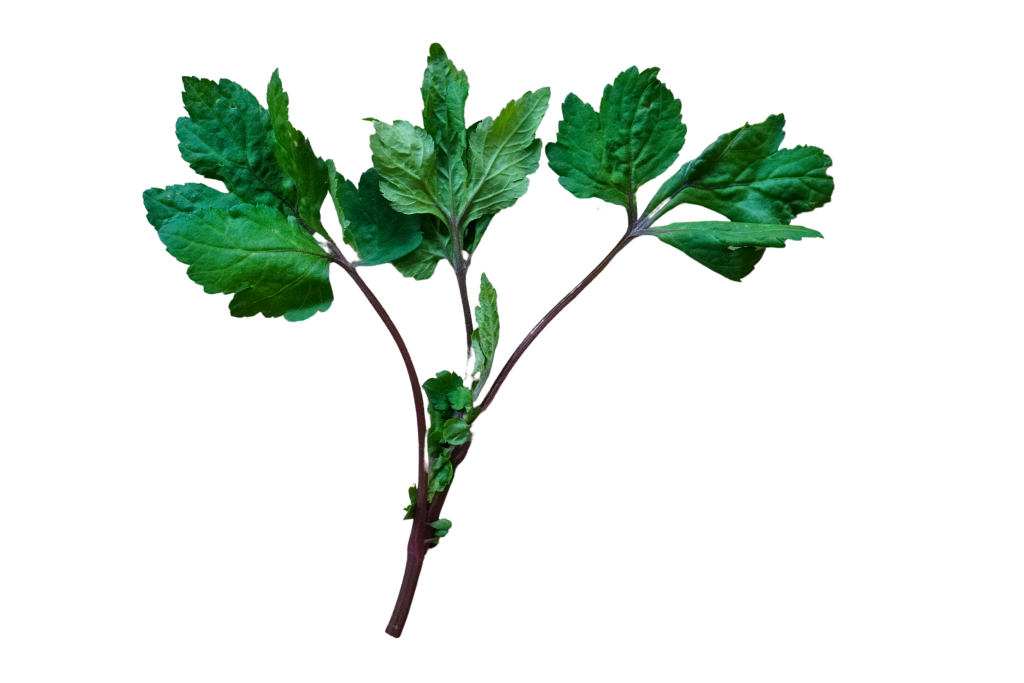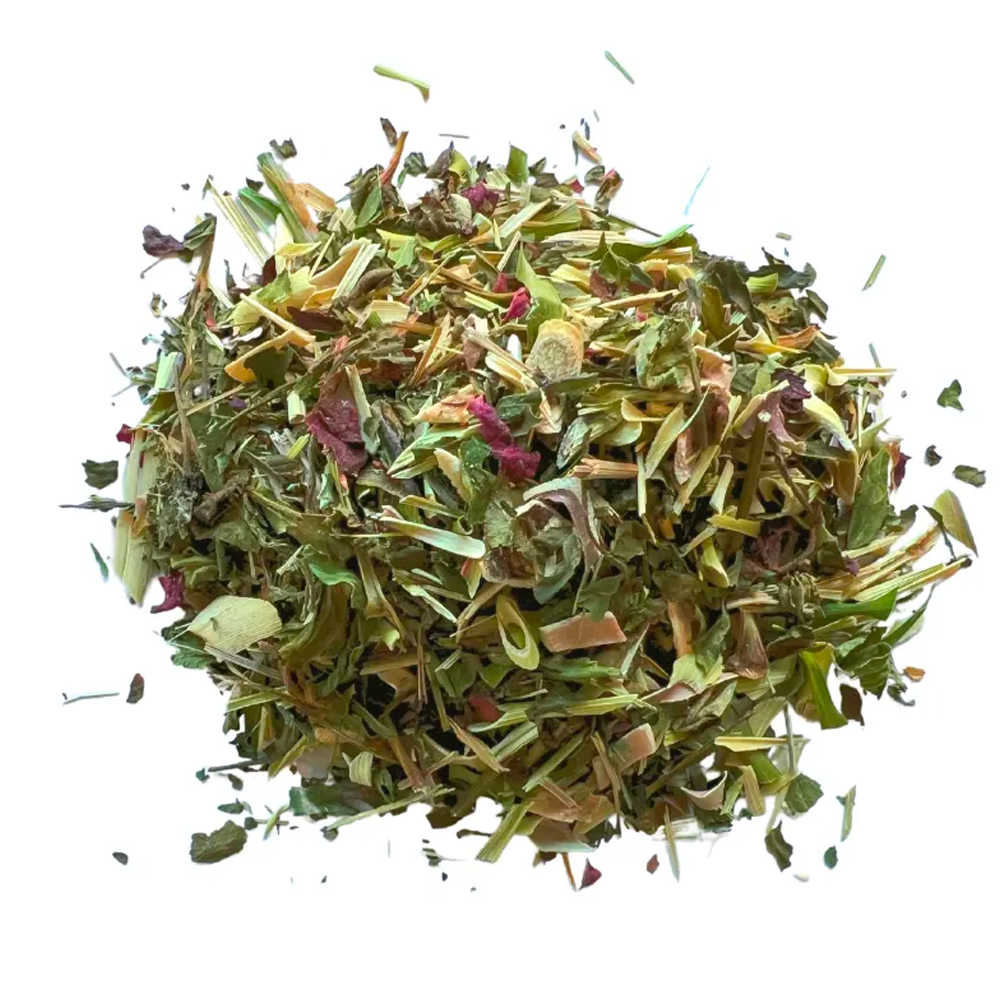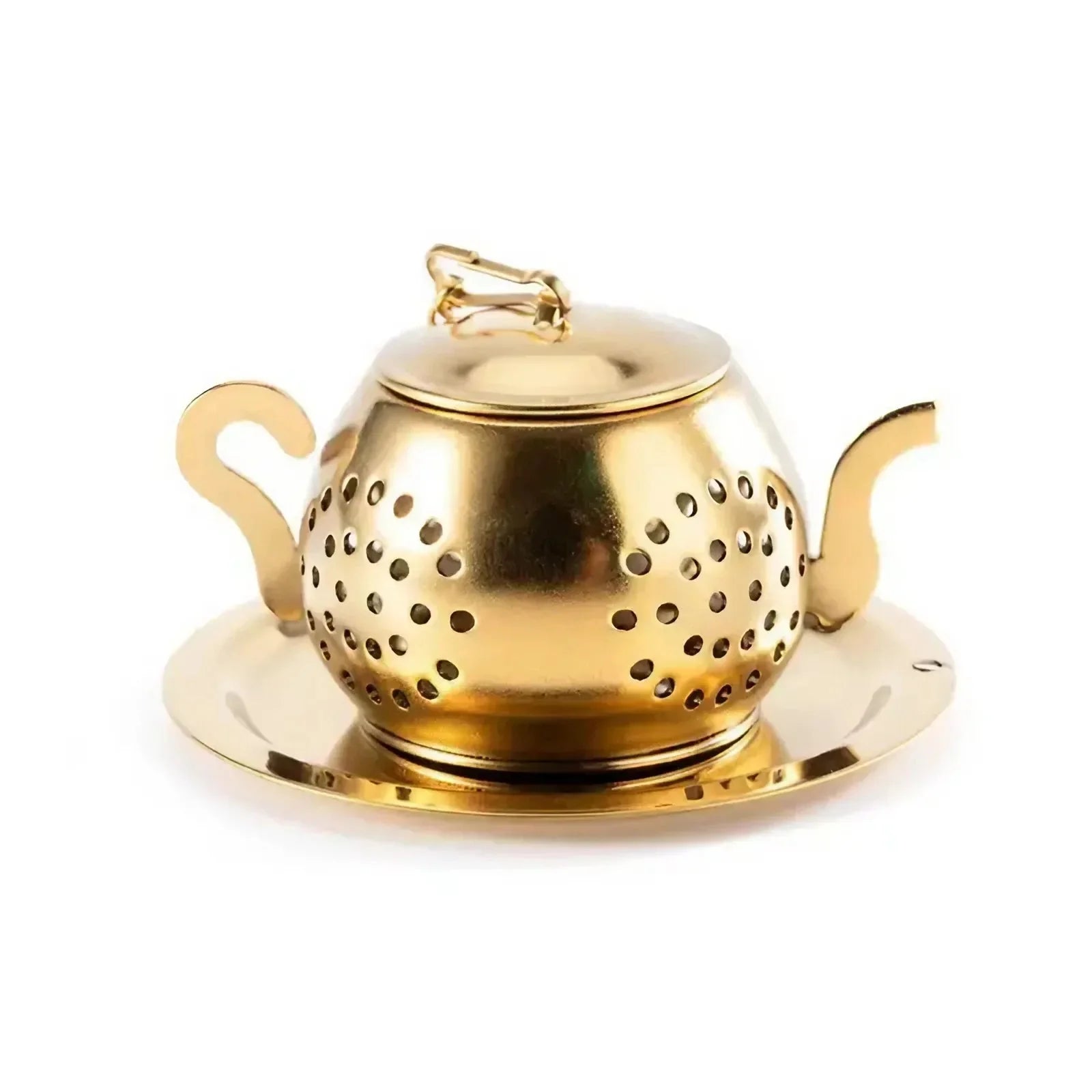
Artemisia lactiflora
Hmong Name: Ko Taws Ob Liab
Artemisia Lactiflora, often referred to as white mugwort, is a potent herb with a rich history and a plethora of uses. This herb, native to China, has been a staple in traditional medicine for centuries, offering a myriad of health benefits.
Recent scientific studies have shed light on the medicinal properties of Artemisia Lactiflora, revealing its high phenolic and flavonoid contents. These compounds are known for their antioxidant activities, which play a crucial role in maintaining overall health by combating harmful free radicals in the body.
One of the most remarkable properties of Artemisia Lactiflora is its anti-inflammatory capabilities. Research has shown that this herb inhibits the NF-kB-dependent signaling pathway, a critical player in the body’s inflammatory response. By down-regulating the expression of pro-inflammatory genes and decreasing the secretion of pro-inflammatory cytokines, Artemisia Lactiflora can potentially alleviate inflammation in the respiratory tract caused by air pollution.
However, it’s not just modern science that recognizes the benefits of Artemisia Lactiflora. This herb has been used in traditional Chinese medicine for centuries, treating a variety of ailments. Its historical use and the recent scientific findings underline the importance of Artemisia Lactiflora in both traditional and modern medicine.
Despite its potent properties, it’s important to note that Artemisia Lactiflora should be consumed responsibly. Researchers recommend incorporating fresh leaves into food recipes to avoid potential toxicity to the liver and kidney.
In conclusion, Artemisia Lactiflora is a powerful herb with a rich history and promising potential in modern medicine. Its anti-inflammatory and antioxidant properties make it a valuable addition to our understanding of natural remedies. However, as with all medicinal herbs, further research is necessary to fully understand its properties and potential uses.
Caution: The plant might be poisonous in large doses. Skin contact can cause dermatitis in some people. It’s LIKELY UNSAFE to use mugwort if you are pregnant. Mugwort might cause a miscarriage because it can start menstruation and also cause the uterus to contract.
Disclaimer: This information is for educational purposes only and has not been evaluated by the FDA. It is not intended to diagnose, treat, cure, or prevent any disease. We recommend that you consult with a qualified healthcare practitioner before using any herbal products, particularly if you are pregnant, nursing, or on any medications.


